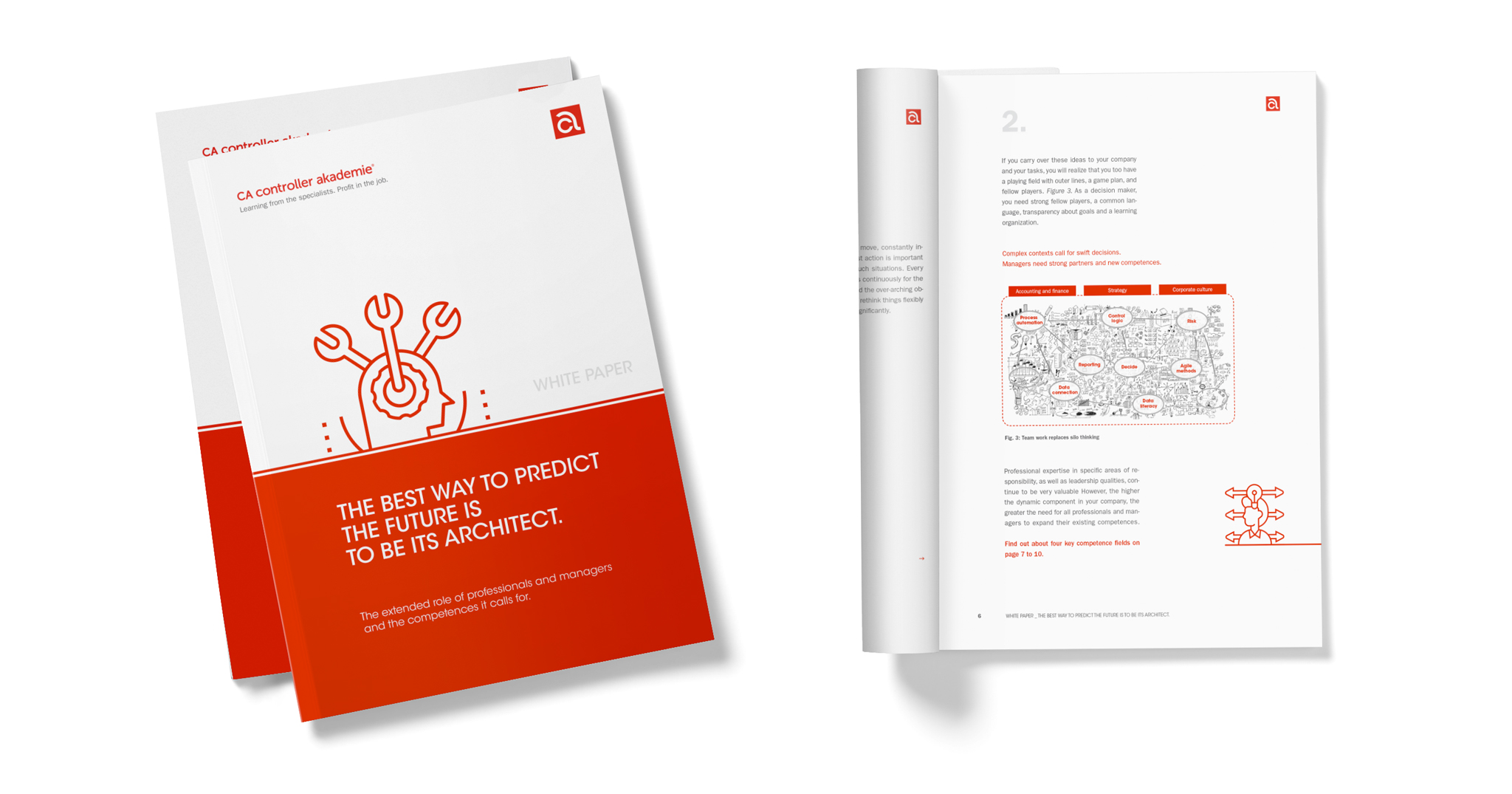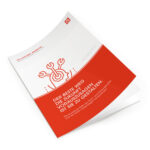The best way to predict the future is to be its architect

Complex framework conditions require quick decisions
The key success factor for dealing with complexity and dynamics is the realization that we can no longer force every task into clearly defined process steps, work instructions and organizational responsibilities.
Instead, we need a jointly supported target state to work towards. To achieve this, managers need strong partners and new skills.
In our white paper “The best way to predict the future is to be its architect. The extended role of professionals and managers and the competences it calls for.”
Table of contents of the white paper
- The dynamics and complexity along the value chain are increasing
- Managers need to act faster and more flexibly
- Overarching goals and holistic thinking are important guidelines
- Data and digitalization offer unimagined potential
- Strategy work means shaping the future
- Transformation is a management task at all levels
- Your personal analysis
- Context and culture have the right of veto
- Your roadmap to the future

The roadmap to the future
Specialist knowledge for your own area and leadership quality remain essential. However, the more dynamic your company is, the more important it is for all specialists and managers to expand their existing skills. Four key areas of expertise are important here:
- Control competence
- Data competence
- Strategic competence
- Transformation expertise



